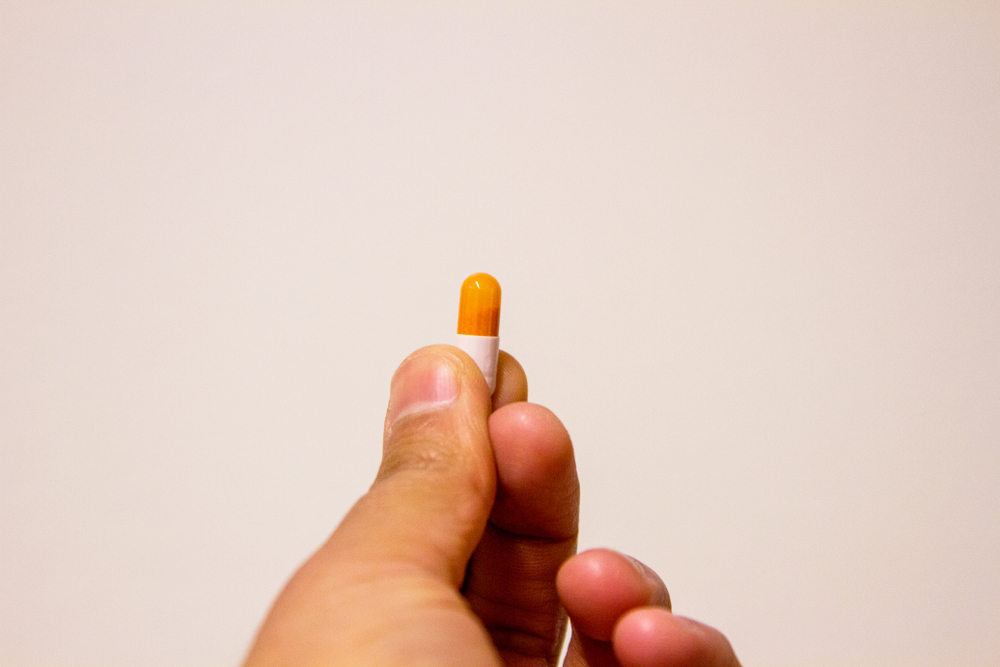For millions of people, Adderall is one of the most commonly prescribed medications used to treat attention deficit hyperactivity disorder (ADHD) – but the medicine is a subject of debate and concern due to its potential for addiction. While it undoubtedly offers therapeutic benefits to individuals with ADHD, questions about its addictive nature remain. Before using Adderall, it is important to explore the pros and cons of the medication, the medication’s effects, risks, and the factors contributing to its addictive potential.

What is Adderall?
Adderall is a central nervous system stimulant that contains a combination of amphetamine and dextroamphetamine. Its primary function is to increase the levels of certain neurotransmitters, like dopamine and norepinephrine, in the brain. These neurotransmitters play a crucial role in regulating attention, focus, and impulse control, which makes Adderall an effective prescription medication treatment for ADHD.
Physical Dependence and Addiction to Adderall
It is important to differentiate between physical dependence and addiction when discussing Adderall. Physical dependence occurs when the body becomes accustomed to the presence of a drug and experiences withdrawal symptoms when the drug is discontinued. Addiction involves a psychological craving for the drug, often accompanied by compulsive drug-seeking behavior and negative consequences in an individual’s life and relationships.
Physical Dependence to Adderall
Many individuals who take Adderall as prescribed for ADHD may develop a level of physical dependence over time. This is because the body adapts to the drug, and when it’s abruptly stopped, withdrawal symptoms can occur. These symptoms may include fatigue, depression, irritability, and changes in sleep patterns.
Physical dependence, as experienced by individuals using Adderall for legitimate medical reasons, is distinct from addiction. These individuals take the medication as directed by their healthcare provider and do not exhibit the drug-seeking behaviors that are present in individuals experiencing addiction.
Addiction to Adderall
The real concern surrounding Adderall lies in its potential for addiction, especially among individuals who misuse or abuse the drug. The misuse of Adderall includes taking higher doses than prescribed, using it without a prescription, or taking it for non-medical purposes, such as to enhance academic or athletic performance.
There are several factors that can contribute to an increased risk of Adderall addiction:
- Dopamine Release – Adderall works by releasing dopamine, a neurotransmitter associated with pleasure and reward. This release can lead to feelings of euphoria, making it appealing for misuse.
- Tolerance – Over time, individuals who misuse Adderall may develop a tolerance to the drug. This requires them to take higher doses to achieve the same effects. This can lead to a cycle of escalating use, increasing the risk of addiction.
- Withdrawal Symptoms – When individuals abruptly stop taking Adderall after misuse, they may experience withdrawal symptoms such as fatigue, depression, and intense cravings, which can drive continued use.
- Accessibility – Adderall is a prescription medication, but it is often found in college campuses and social circles, making it relatively easy to obtain without a legitimate prescription.
- Peer Pressure – Peer pressure can also play a significant role in the misuse of Adderall, as some individuals may feel compelled to use it to keep up with academic or professional demands.

Consequences of Adderall Addiction
As with any addictive substance, Adderall addiction can have serious consequences on physical and mental health. Not only can the body suffer, but the relationships and professional roles we lead can take a serious hit. Some of the potential consequences of Adderall addiction include:
- Health Risks – Misusing Adderall can lead to adverse physical effects, including heart problems, high blood pressure, and even the risk of stroke or cardiac arrest.
- Mental Health – Long-term misuse can intensify mental health issues such as anxiety, depression, and psychosis.
- Academic and Career Impact – Addiction can disrupt academic performance and professional success, as individuals may struggle to maintain focus and fulfill responsibilities.
- Legal Consequences – Using Adderall without a prescription is illegal, and individuals caught in possession of the drug may face legal consequences.
Preventing Adderall Addiction
To alleviate the risk of Adderall addiction, it is important to take the medication responsibly and educate yourself about the dangers associated with it. Healthcare providers prescribe Adderall because they believe that it may help someone – not to hurt them. If Adderall is not working the way that it should be, your healthcare provider can help you decide if another medication is right for you.
Adderall should only be used under strict medical supervision. Your healthcare provider will monitor your use, the benefits, and take note of any concerns you may have. They can also suggest alternative therapies that might help with ADHD, such as behavioral therapy or lifestyle modifications – which can reduce the reliance on medication.
Your healthcare provider can also supply you with the names of support groups and other resources that can help you work through any struggles you may have while taking Adderall. Having a support system can make taking or stopping the medication a lot easier than on your own.
MD Home Detox Can Help with Adderall Addiction
The withdrawal symptoms of Adderall can be intense, especially if you have been on the medication for a long time and decide to stop taking it. Some of the general withdrawal symptoms include restlessness, increased appetite, irritability, and more. You don’t have to go through the withdrawal process alone – MD Home Detox can help you in the comfort of your own home.
MD Home Detox packages include at-home Adderall detox options that are designed by our team of professionals. Each detox is medically supervised and completed safely to ensure comfort and effectiveness.
If you or a loved one may be experiencing Adderall addiction, contact us today to learn more about the options available with MD Home Detox.

